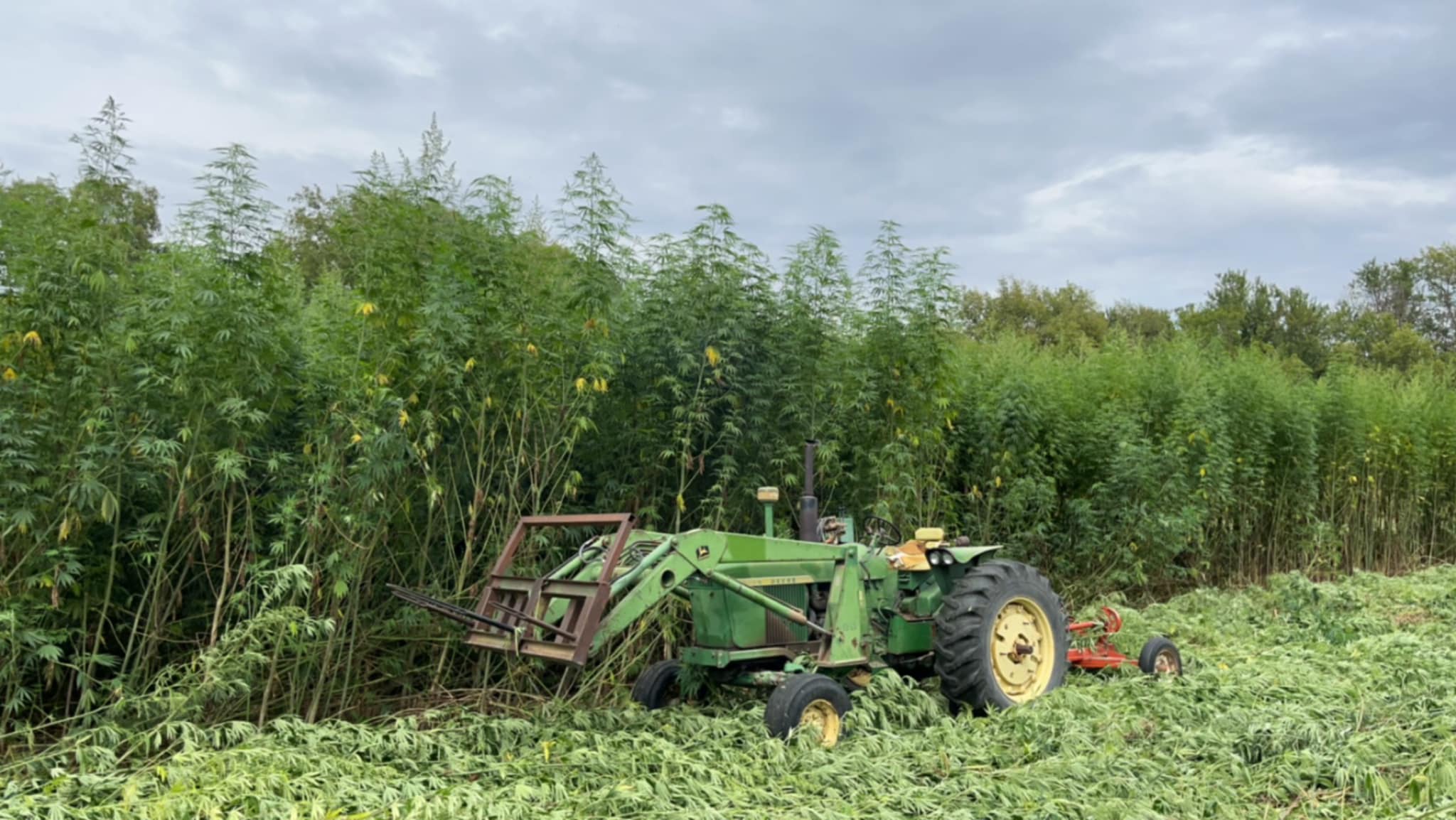There are several reasons why communities should invest in cooperative funds to make them more self-sustainable with hemp as a tool:
-
Hemp is a versatile and renewable resource that can be used to produce a wide variety of products, including food, fiber, building materials, and fuel. This can help communities reduce their reliance on imported goods and services and become more self-sufficient.
-
Hemp cultivation is a relatively low-impact and sustainable practice. Hemp can be grown in a variety of climates and on a variety of soils, and it requires fewer inputs than many other crops. This can help communities reduce their environmental impact and improve their soil health.
-
Hemp production can create jobs and economic opportunities in rural communities. Hemp is a labor-intensive crop, and its processing and manufacturing can also create jobs. This can help to revitalize rural economies and reduce poverty.
-
Cooperative funds can help to pool resources and share knowledge among communities. This can make it easier for communities to start hemp businesses and to access the resources they need to be successful.
-
Hemp can help communities to achieve their social and environmental goals. Hemp can be used to create affordable housing, to provide food for people in food insecure communities, and to clean up polluted land and water.
Here are some specific examples of how communities have used hemp to become more self-sustainable:
-
In the Netherlands, the village of Marum has used hemp to create a sustainable community that is powered by renewable energy and produces its own food and fiber.
-
In Canada, the city of Winnipeg has used hemp to build a green infrastructure project that includes a hemp-based bus shelter and a hemp-based bike path.
-
In the United States, the town of Hemphill, Texas has used hemp to create a thriving economy that is based on hemp production and processing.
These are just a few examples of how hemp can be used to create more self-sustainable communities. As more communities learn about the benefits of hemp, we can expect to see even more examples of how this versatile plant is being used to improve the lives of people around the world.
In addition to the benefits listed above, cooperative funds can also help to:
-
Reduce the risk associated with investing in hemp. By pooling resources, communities can share the risk of investing in a new industry.
-
Provide communities with access to expertise. Cooperative funds can hire experts to help communities develop and implement hemp-based projects.
-
Promote innovation. Cooperative funds can provide funding for research and development of new hemp-based products and technologies.
-
Advocate for hemp policy reform. Cooperative funds can advocate for policies that support the development of the hemp industry.
Overall, cooperative funds can play a valuable role in helping communities to become more self-sustainable with hemp as a tool. By investing in cooperative funds, communities can reap the economic, social, and environmental benefits of hemp production and use.



Leave a Reply
You must be logged in to post a comment.